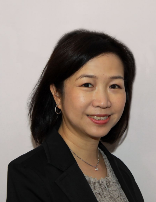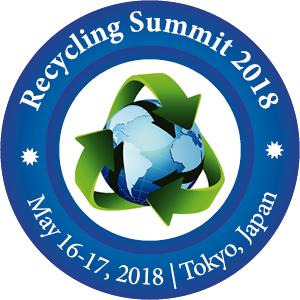
Winnie SO Wing-mui
Director of the Centre for Education in Environmental Sustainability at the Education University of Hong Kong
Title: Education on Plastic Recycling Waste (PRW) Management in Hong Kong Schools
Biography
Biography: Winnie SO Wing-mui
Abstract
Plastics have become the ubiquitous material of the modern economy with their versatile properties. Global plastics production has increased twentyfold in the past half-century and is expected to double again in the next 20 years, which is an alarming situation. Hong Kong has certainly contributed to the plastics crisis, plastics are the third largest constituent of Municipal Solid Waste (MSW) locally, they accounted for 21% of total MSW in 2016, whereas the plastics recyclables’ recovery rate was only14%, most of them were accumulated in landfills and natural environment. Educating the next generation on plastic waste recycling and management is indispensable to tackle the problem, thereby, a series of Plastic Recycling Waste (PRW) education programs were initiated by the Education University in Hong Kong, which included “I Act, U Act!” for university students in 2013-2015 and “3Rs & 3Cs” for primary schools during 2016-2018. These programs demonstrated how the teaching and learning packages contribute to the plastic recycling work combined with the using of an innovative 8-compartments Plastic Recycling Bin (PRB). The PRB served as an education tool to assist the students to practice the proper plastic recycling steps (3Cs – Cleaning, Classification and Compression), and collected the eight types of plastics according to their Resin Identification Code (RIC) numbers. The size and design of each compartment were based on the statistical data and policies from different Asian countries. With the implementation of PRW education programs, partnership between local schools and recycling industries was developed, students were given the opportunities to study the works of recycling industries through site visits, talks sharing, and experiential learning activities in recycling centers. While recyclers collaborated with the University to collect the recycled plastics from schools regularly. This speech will help to draw global implications from the local lessons on education for plastic waste recycling.

